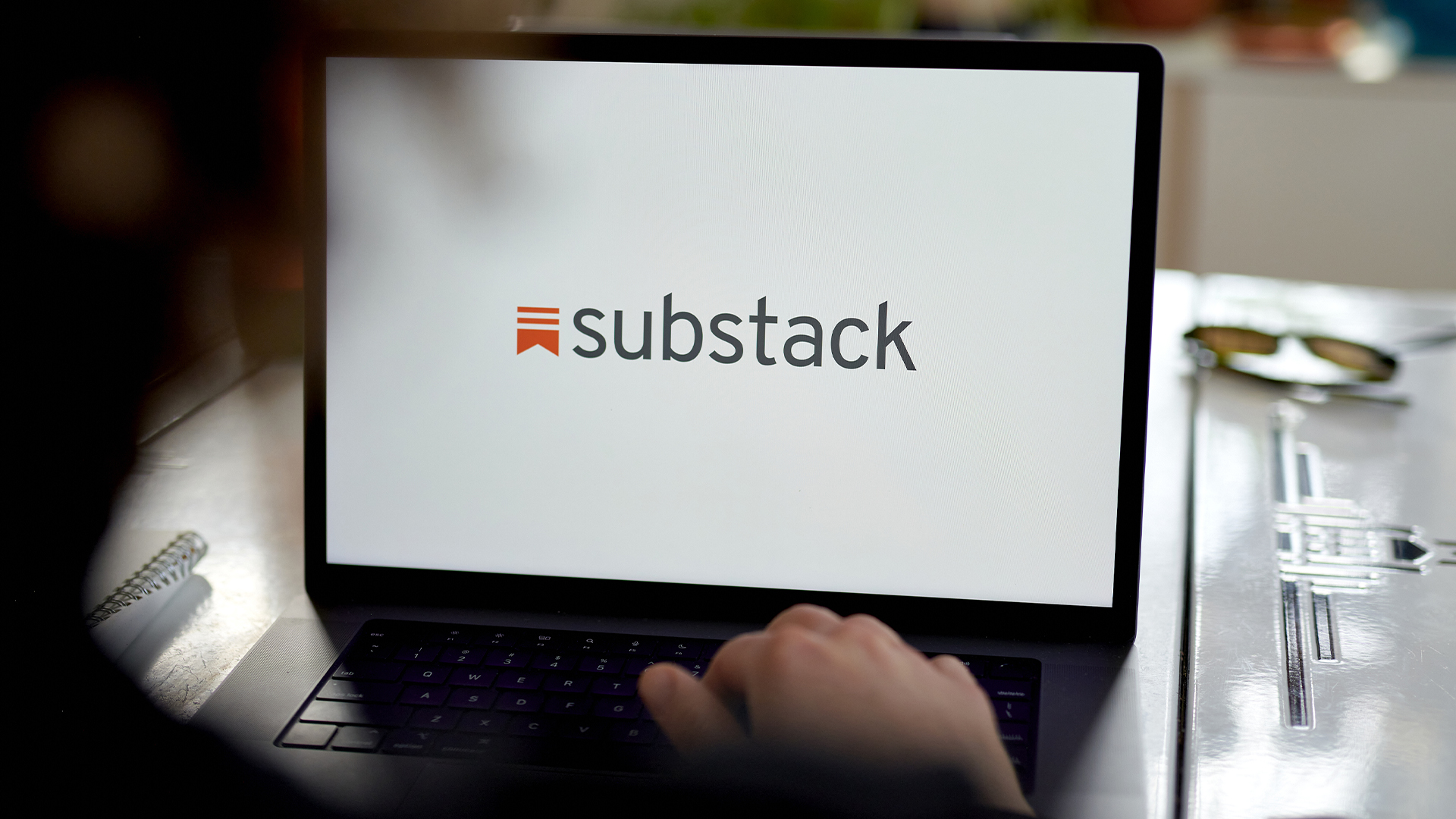The Scattered Lapsus$ Hunters group is targeting Zendesk customers – here’s what you need to know
The group appears to be infecting support and help-desk personnel with remote access trojans and other forms of malware


Sign up today and you will receive a free copy of our Future Focus 2025 report - the leading guidance on AI, cybersecurity and other IT challenges as per 700+ senior executives
You are now subscribed
Your newsletter sign-up was successful
The Scattered Lapsus$ Hunters threat group appears to be targeting Zendesk users in a new phishing campaign, according to analysis from ReliaQuest.
The security firm said it has spotted Zendesk-related infrastructure, including more than 40 typosquatted domains and URLs impersonating the company, created over the last six months.
These domains aim to mimic organizations’ Zendesk environments and host phishing pages, researchers warned.
"These domains, such as znedesk[.]com or vpn-zendesk[.]com, are clearly designed to mimic legitimate Zendesk environments. Some host phishing pages, like fake single sign-on (SSO) portals that appear before Zendesk authentication," said ReliaQuest.
"It’s a classic tactic probably aimed at stealing credentials from unsuspecting users. We also identified Zendesk-related impersonating domains that contained multiple different organizations’ names or brands within the URL, making it even more likely that unsuspecting users would trust and click on these links."
The domains shared several registry details: registration through NiceNic, US and UK registrant contact information, and Cloudflare-masked nameservers.
"These elements are reminiscent of the recent Scattered Lapsus$ Hunters campaign that targeted customer relationship management platform Salesforce in August 2025," ReliaQuest said.
Sign up today and you will receive a free copy of our Future Focus 2025 report - the leading guidance on AI, cybersecurity and other IT challenges as per 700+ senior executives
"The domains we uncovered while investigating the August campaign shared similarities with the Zendesk domains: formatting, registry characteristics, and the use of deceptive SSO portals."
Be wary of fraudulent Zendesk tickets
Meanwhile, ReliaQuest said it has observed fraudulent tickets being submitted to legitimate Zendesk portals operated by organizations using the software for customer service.
Pretexts include urgent system administration requests or fake password reset inquiries, and the aim is to infect support and help-desk personnel with remote access trojans (RATs) and other forms of malware.
In September, Scattered Lapsus$ Hunters targeted the communication platform Discord, accessing its Zendesk-based support system and exfiltrating a large number of names, email addresses, billing information, IP addresses, and government-issued IDs.
A message posted on a Telegram channel associated with the group in November claimed: "Wait for 2026, we are running 3-4 campaigns atm."
Another read: "all the IR (incident response) people should be at work watching their logs during the upcoming holidays till January 2026 bcuz #ShinyHuntazz is coming to collect your customer databases."
ReliaQuest said organizations should handle customer support platforms with the same level of security as their own core infrastructure.
"ReliaQuest anticipates that SLSH, or copycat threat actors, will likely continue abusing Zendesk and similar customer support platforms — typically monitored less rigorously than inbound email traffic — to access downstream customers' sensitive data and credentials," said the firm.
"These platforms now warrant equivalent security controls to core infrastructure, particularly since SLSH operates multiple, concurrent attack paths, i.e. external phishing domains coupled with internal ticket injection."
Make sure to follow ITPro on Google News to keep tabs on all our latest news, analysis, and reviews.
MORE FROM ITPRO
- If you're not taking insider threats seriously, then the CrowdStrike incident should be a big wake up call
- Scattered Spider: Who are the alleged hackers behind the M&S cyber attack?
- Hackers behind Jaguar Land Rover announce their 'retirement' – should we believe them?
Emma Woollacott is a freelance journalist writing for publications including the BBC, Private Eye, Forbes, Raconteur and specialist technology titles.
-
 Mistral CEO Arthur Mensch thinks 50% of SaaS solutions could be supplanted by AI
Mistral CEO Arthur Mensch thinks 50% of SaaS solutions could be supplanted by AINews Mensch’s comments come amidst rising concerns about the impact of AI on traditional software
-
 Westcon-Comstor and UiPath forge closer ties in EU growth drive
Westcon-Comstor and UiPath forge closer ties in EU growth driveNews The duo have announced a new pan-European distribution deal to drive services-led AI automation growth
-
 Researchers called on LastPass, Dashlane, and Bitwarden to up defenses after severe flaws put 60 million users at risk – here’s how each company responded
Researchers called on LastPass, Dashlane, and Bitwarden to up defenses after severe flaws put 60 million users at risk – here’s how each company respondedNews Analysts at ETH Zurich called for cryptographic standard improvements after a host of password managers were found lacking
-
 ‘They are able to move fast now’: AI is expanding attack surfaces – and hackers are looking to reap the same rewards as enterprises with the technology
‘They are able to move fast now’: AI is expanding attack surfaces – and hackers are looking to reap the same rewards as enterprises with the technologyNews Potent new malware strains, faster attack times, and the rise of shadow AI are causing havoc
-
 Ransomware gangs are using employee monitoring software as a springboard for cyber attacks
Ransomware gangs are using employee monitoring software as a springboard for cyber attacksNews Two attempted attacks aimed to exploit Net Monitor for Employees Professional and SimpleHelp
-
 Security experts warn Substack users to brace for phishing attacks after breach
Security experts warn Substack users to brace for phishing attacks after breachNews Substack CEO Christ Best confirmed the incident occurred in October 2025
-
 Ransomware gangs are sharing virtual machines to wage cyber attacks on the cheap – but it could be their undoing
Ransomware gangs are sharing virtual machines to wage cyber attacks on the cheap – but it could be their undoingNews Thousands of attacker servers all had the same autogenerated Windows hostnames, according to Sophos
-
 Google issues warning over ShinyHunters-branded vishing campaigns
Google issues warning over ShinyHunters-branded vishing campaignsNews Related groups are stealing data through voice phishing and fake credential harvesting websites
-
 Notepad++ hackers remained undetected and pushed malicious updates for six months – here’s who’s responsible, how they did it, and how to check if you’ve been affected
Notepad++ hackers remained undetected and pushed malicious updates for six months – here’s who’s responsible, how they did it, and how to check if you’ve been affectedNews Hackers remained undetected for months and distributed malicious updates to Notepad++ users after breaching the text editor software – here's how to check if you've been affected.
-
 CISA’s interim chief uploaded sensitive documents to a public version of ChatGPT – security experts explain why you should never do that
CISA’s interim chief uploaded sensitive documents to a public version of ChatGPT – security experts explain why you should never do thatNews The incident at CISA raises yet more concerns about the rise of ‘shadow AI’ and data protection risks
